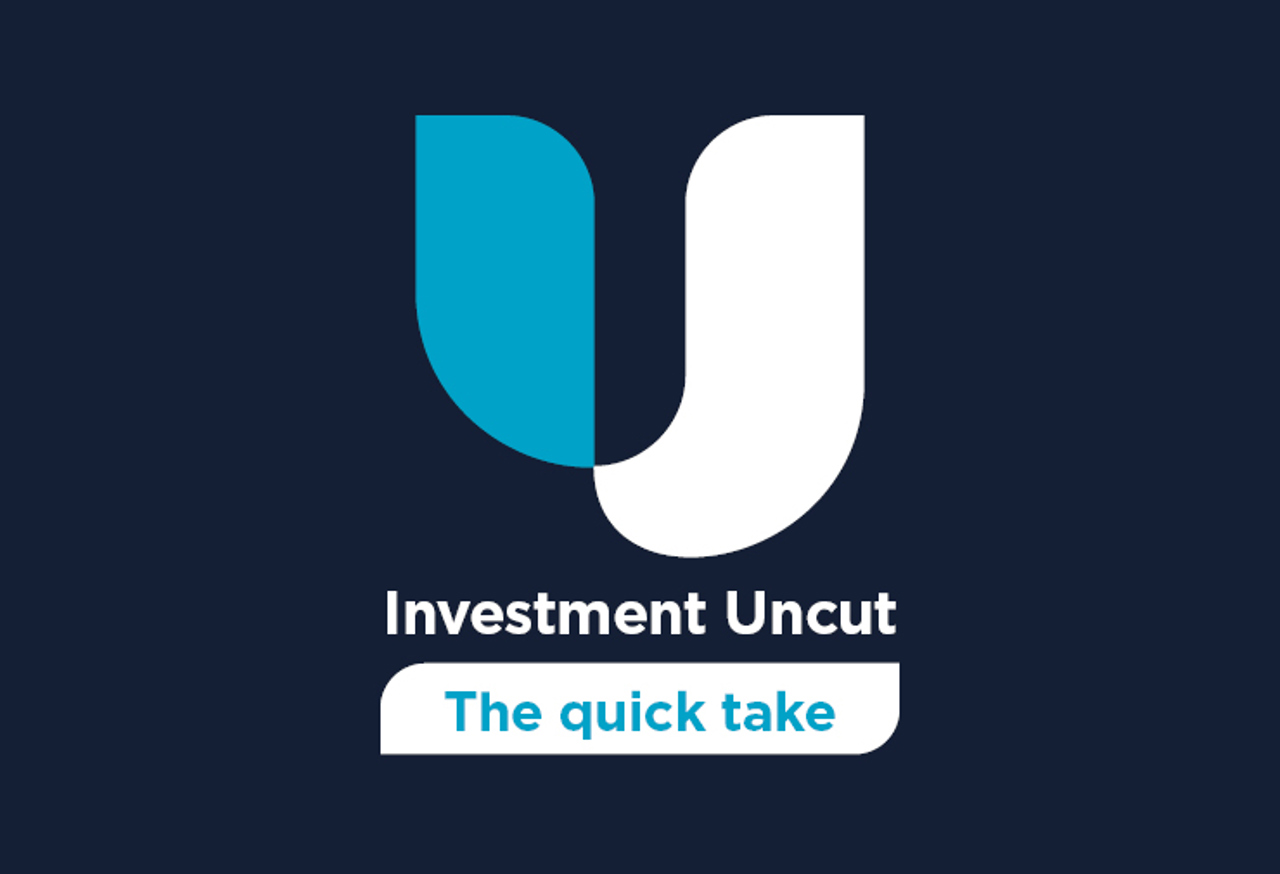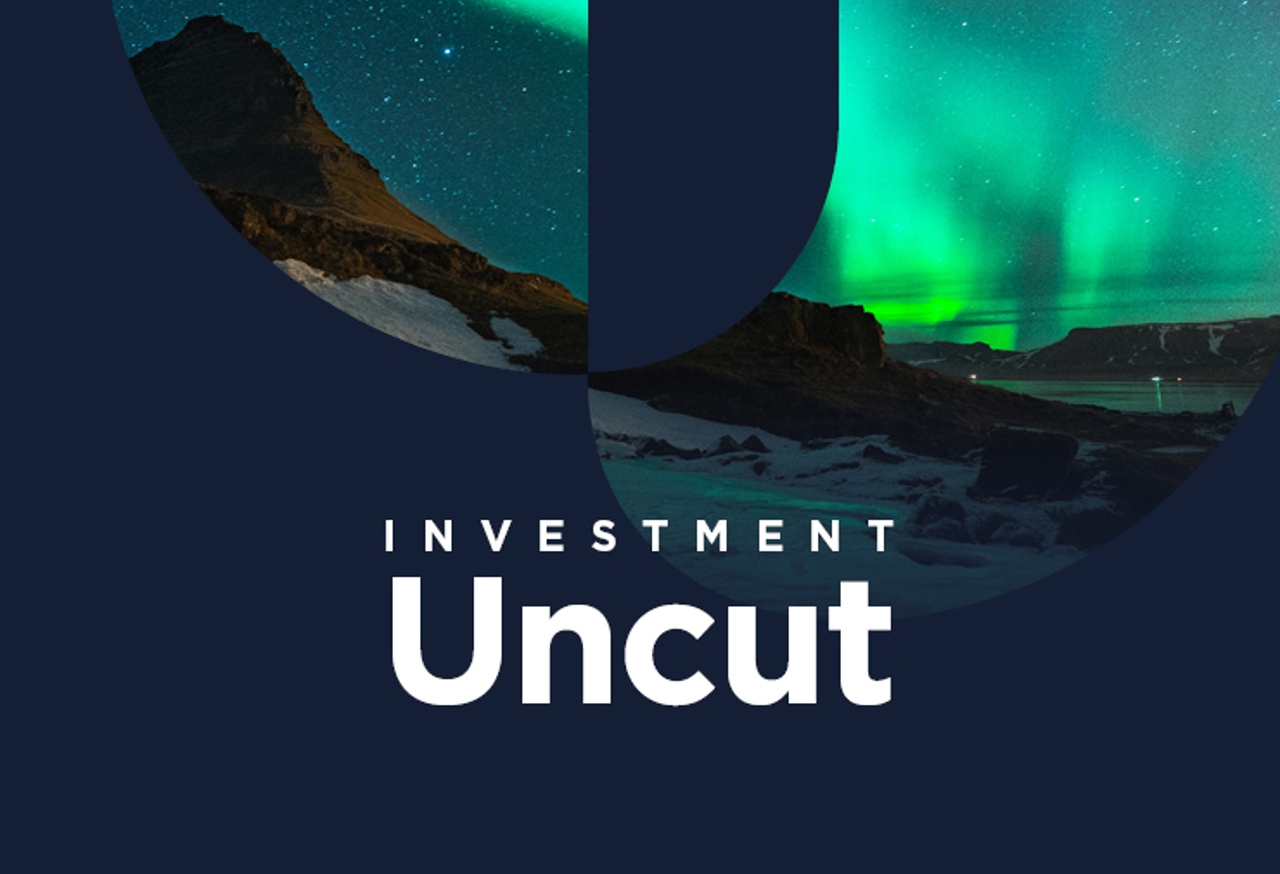You can listen to our podcasts online via the player below or search for 'Investment Uncut' and review, rate and subscribe on Apple Podcasts, Spotify, Pocket Casts or SoundCloud.
This week we’re speaking to Michael Mauboussin. Michael is head of consilient research at Counterpoint Global, as well as a prolific author and professor at Columbia Business School. We discuss the basics of security valuation, why using simple multiples is not valuation, how intangibles have reshaped valuation, market efficiency, good losses vs bad losses, and a framework for understanding sources of inefficiency. This episode is packed with insight and investing goodies which I am sure all listeners will value!
Links mentioned:
- Michael's website
- The Consilient Observer
- Michael on Twitter
- Barber & Odean – The Behaviour of individual investors
- On the Impossibility of Informationally Efficient Markets: Grossman & Stiglitz
Some of Michael’s research:
We discuss:
- Expectations investing – we discuss some of the core ideas behind Michael’s classic book:
One key principle is that many investors skip over a crucial first step: assessing what expectations are built into the market price of a stock before doing a valuation - Valuation – using a PE multiple is not the same as valuation, it’s a shorthand for the process and embeds a lot of unexposed assumptions:
We discuss Michael’s core principles of valuation including “everything’s a DCF model”
Cash is a fact profit is an opinion
Michael explains why a perspective on strategy is essential for valuation, understanding the unit economics, and setting the right unit of analysis - Intangibles – Michael describes the huge shift to the intangible economy over recent decades and the challenges this has posed to accounting security valuation:
Accounting standards set up around a different world
How can this be addressed, and how does it change the answers? - Market efficiency - how Michael is thinking about market efficiency and what it means for security valuation:
The BAIT framework for assessing why and where inefficiencies and markets arise:- Behavioural
- Analytical
- Informational
- Technical
- Forward-looking – what is Michael working on for the next 12 months:
- Intangibles
- Capital and resource allocation
- The role of market share
- Fragility vs resilience. Optimizing for dynamic uncertain environments. Exploitation & exploration. Framework for the trade-off
What's one thing to take away?
The biggest lesson in investing is continual learning and being as actively open-minded as possible.
What's the most underappreciated thing about this area?
Temperament is more important than smarts. The ability to act countercyclically and fill in peak valleys.
Any recommendations?
Each LCP Investment Uncut podcast is for information and marketing purposes only and does not constitute any form of investment or financial advice or a financial promotion (under the Financial Services and Markets Act 2000). All views expressed by the podcast hosts and guests are purely their own opinions and do not represent those of LCP, its clients or affiliates. LCP does not provide any warranty, guarantee, or representation as to the accuracy or sufficiency of the information featured in this Podcast. Past performance is not indicative of future returns. Our podcast listeners should always seek independent financial or legal advice before making any financial or investment decisions. Please refer to the Legal Notices section on the LCP website for further information.


